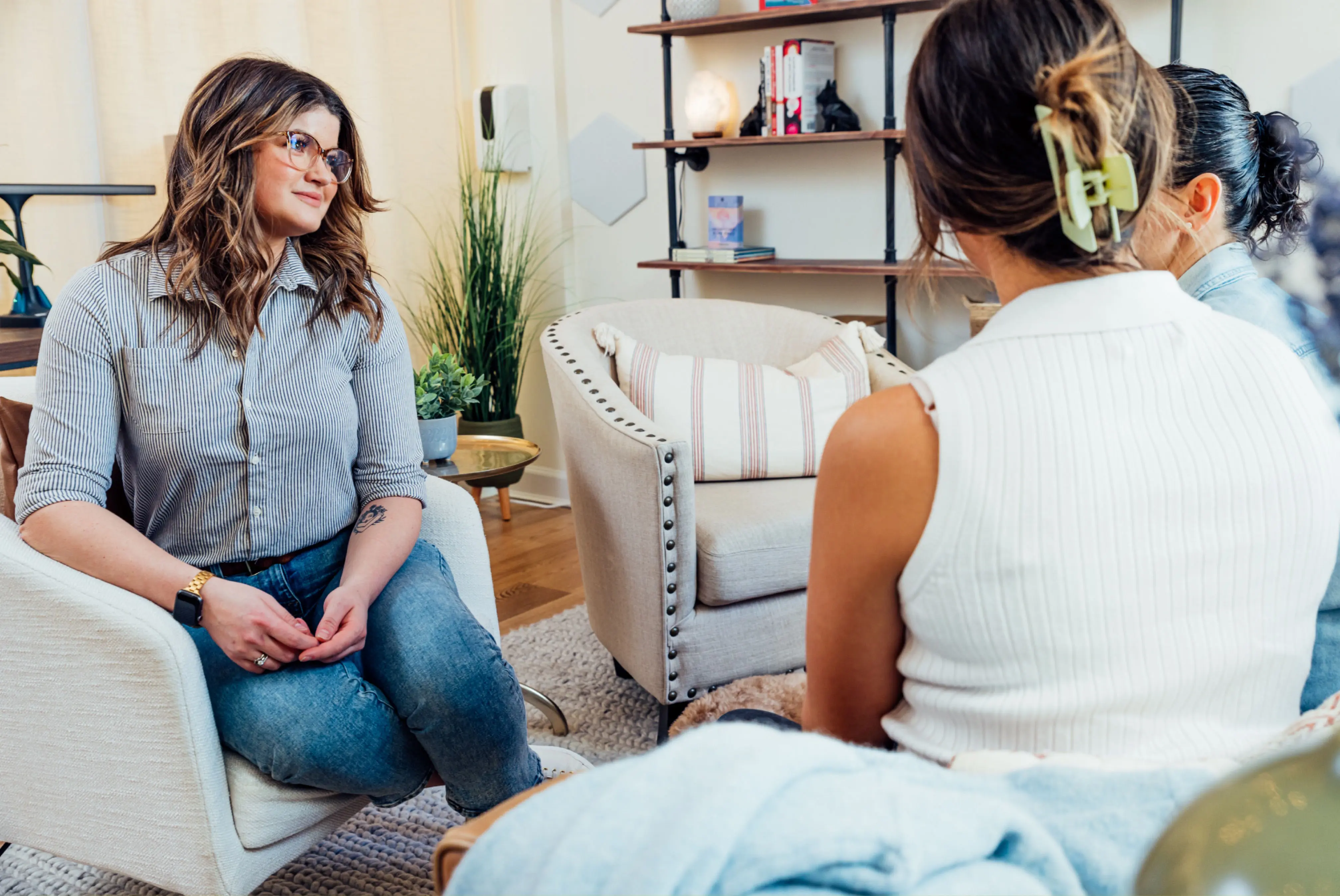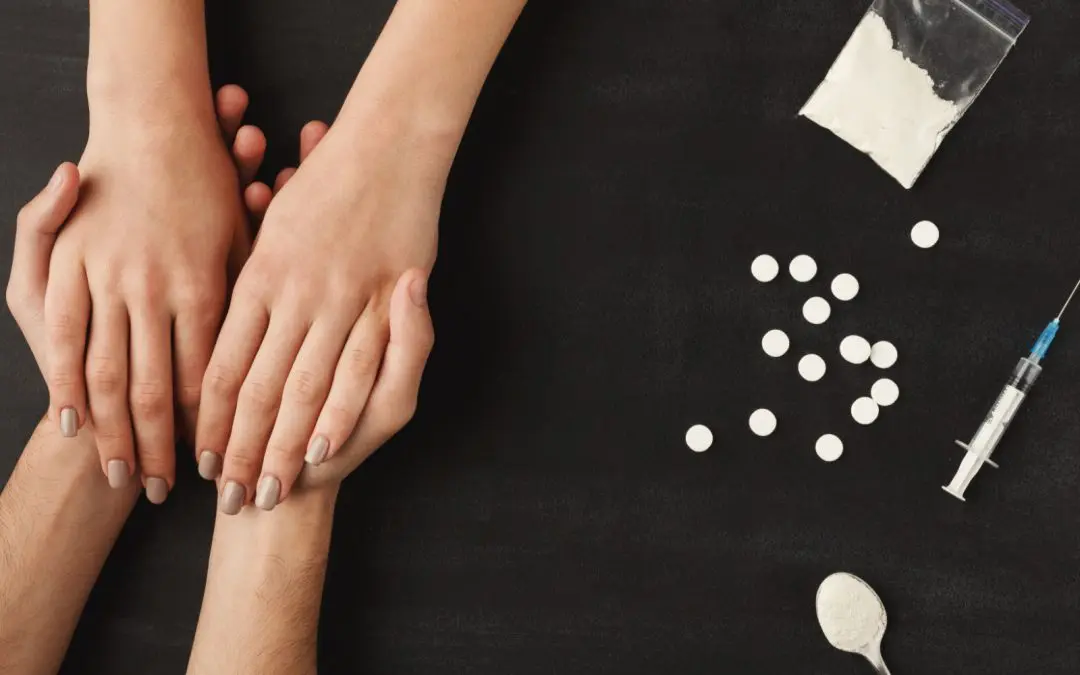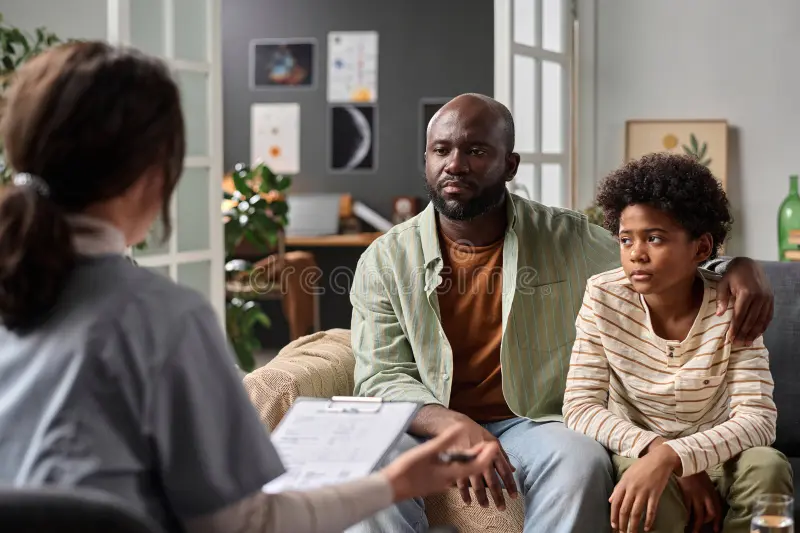24/7 Helpline:
(866) 899-111424/7 Helpline:
(866) 899-1114
Learn more about Couples Rehab centers in McIntosh County
Other Categories in McIntosh County

Other Insurance Options

Cigna

Coventry Health Care

Meritain

BlueCross

Premera

Optum

Amerigroup

State Farm

Sutter

Aetna

Horizon Healthcare Service

Private insurance

Holman Group

Carleon

UnitedHealth Group

ComPsych

Regence

AllWell

Multiplan

United Health Care






























































